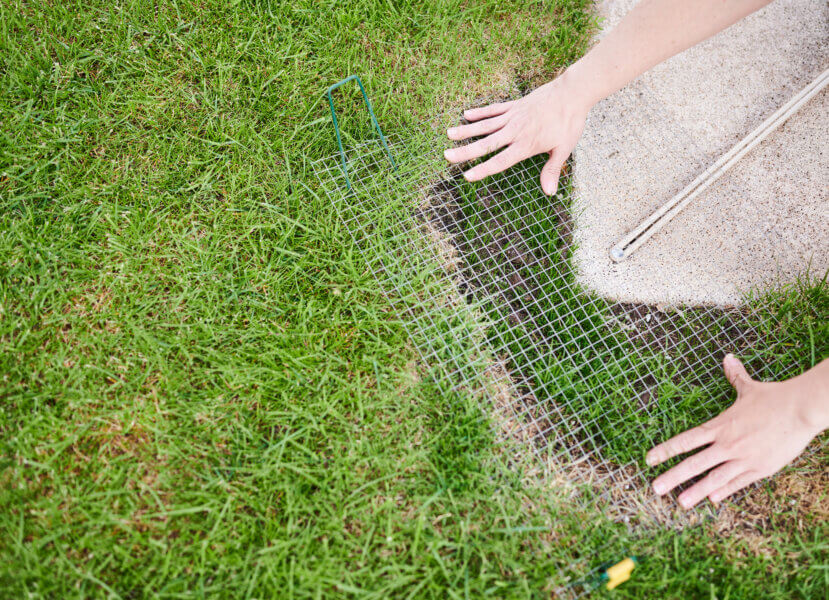
Protecting Your Sod from Pest and Insect Infestations: Prevention and Control
Maintaining a well-kept lawn can instantly boost your home’s curb appeal and create a tidy and aesthetic space for outdoor entertaining. Unfortunately, uninvited insects and other pests can wreak havoc in your yard, causing discoloration, bald patches, holes, and other problems. Lawn pests often feed on roots, grass, and plants and can sometimes carry disease, posing a health threat to your family and pets.
Protecting your sod from pest and insect infestations requires a proactive approach and strategic preventative action.
Causes of Lawn Pest and Insect Infestations
The key to a healthy lawn is quality soil, which contains essential nutrients, a good texture, the proper pH levels, and the right acidity and alkalinity balance. If you have developed a pest or insect infestation, there is usually an underlying cause. Knowing the causes can help you determine the best strategy for returning your lawn to its natural lush state.
Overgrown Home Vegetation
Forgetting to mow the lawn can have more significant consequences than tall grass alone. Insects and pests often shelter in overgrown grass, weeds, and shrubs. The longer overgrown vegetation isn’t tended to, the more likely an infestation will occur.
Standing Water
Standing water in a yard is often caused by surface water or subsurface groundwater that pools, creating a breeding ground for mosquitoes and other water bugs. A flat yard or landscape with pool grading can cause water to pool. A high water table obstructed downspouts, gutters, or non-permeable clay-heavy soil is another potential cause.
Thatch
Thatch is a layer of organic material that can build up between the grass blades and soils. It comprises living and dead plant material, such as roots, leaves, and stems. Thatch can develop when grass produces organic material faster than it breaks down, often due to overwatering, poor fertilization practices, or poor soil pH.
Outdoor Wood Piles
Some homeowners keep wood piles in their yard, whether for a fire pit, construction project, or any other reason. Due to the environment, this wood can become damp and soft. Over time, it may attract various insects, such as termites, carpenter ants, and certain types of beetles. Dead or decaying tree stumps can also create a favorable environment for pests.
Seasonal Grass Changes
In some cases, the cause of a lawn pest or insect infestation is not due to anything you did in particular but somewhat seasonal changes. When the weather changes, extreme temperatures, habitat loss, and food and water shortages can all drive pests away from their homes and into your yard.
Preventing and Controlling Lawn Pest Infestations
The first step toward preventing pest and insect infestations in your lawn is identifying the culprits. Some of the most common lawn pests include chinch bugs, grubs, sod webworms, and armyworms. In addition to spotting the pests themselves, you can often pinpoint what pests are in your yard by recognizing the signs. For example, chewed grass blades are usually caused by chewing insects like earwigs and caterpillars.
Next, you’ll want to practice proper lawn care. This means mowing with the mower set to the recommended height based on your grass type. Limit weed growth to discourage pests from making a home in your yard. You’ll also want to water your grass wisely. Water the sod deeply to promote profound root growth but infrequently to deter shallow-rooted pests.
Severely damaged lawns due to pest and insect infestations may require sod replacement. Sod companies are well-equipped to recommend the proper type of grass for your property based on the damage.
Ask Duda Sod About Sod Recommendations in Florida
With locations in Lake Placid, Melbourne, and Oviedo, Duda Sod is a leading supplier of grasses in Florida. If you’re looking to buy sod to replace or remodel your damaged or unsightly grass, the experts at Duda Sod can help. Contact us today to learn more about our services or get a quote.